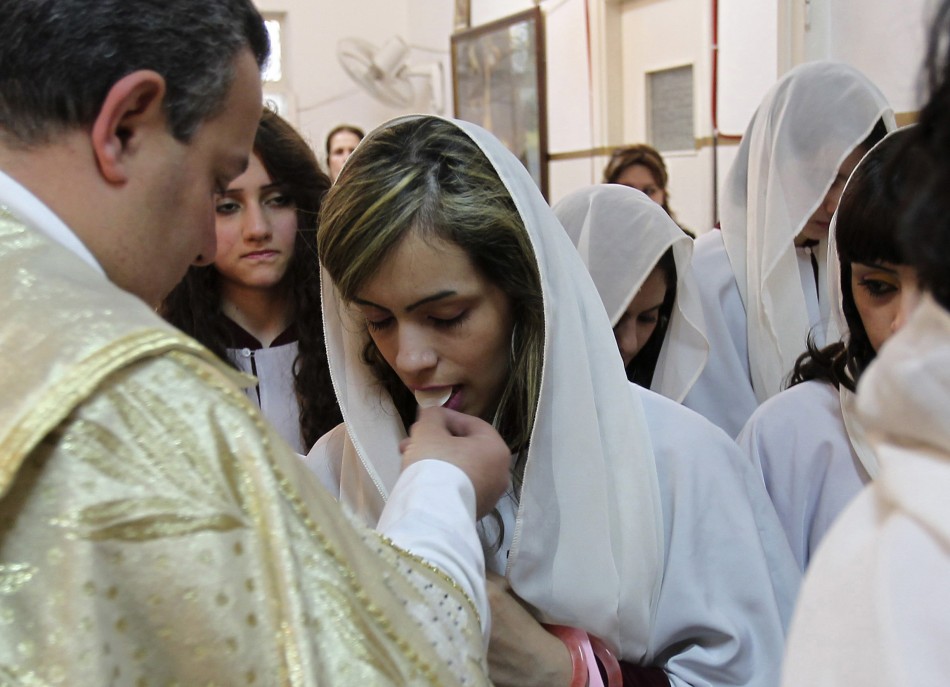 |
| The Crucified Christ by Rubens |
Sometimes we become so familiar with a word that we use it
without thinking about what it means. We refer to our Lord and Saviour as Jesus
Christ. We know Jesus was the name given by the Angel, and many will know that
it means ‘God saves’, but what about Christ. When asked about this in
catechesis many will simply suggest it is our Lord’s surname!
‘Christ’ actually is not a surname but who He is. The name
remarkably infers the Trinity. Let me explain. ‘Christ’ literally means ‘anointed’
(and this is sometimes translated as ‘messiah’). It infers the Trinity because
quite simply the ‘anointed’ requires both an ‘anointer’ and an ‘ointment’! And
this is particularly made manifest to us at the river Jordan when St John the
Baptist baptises our Lord. Through the Gospel we hear the Anointer and see the
Ointment. The Anointer is God the Father, saying “This is my beloved Son with
whom I am well-pleased.” And the ‘ointment’ isn’t a thing but a divine Person, the
Holy Spirit, whom descends as a dove. ‘Christ’ is a Trinitarian name.
Many Jews, and even some Gentiles, recognised in Jesus the
fundamental attributes of being the Messiah, the Christ, and so they gave Him
the messianic title “Son of David” – as they do in today’s Gospel reading
(Matthew 9:27-31): “Have mercy on us, Son of David.”
Yet our Lord is also reticent that this title be used too
much – “See that no one knows”. The Jews of His time used the title in an
overly political way; they wanted an earthly king to lead an earthly army
against the Romans. The Incarnation was not for a mission of earthly politics
or warfare. It was the announcement of a supernatural reality: the Kingdom of
God, and the spiritual solution to all
human evil; a solution found not in armed struggle but through the Crucifixion.
Christ’s Kingship is truly revealed only when He is raised
high on the cross.
What’s in a name? Well a great deal actually, especially the
name “Christ”. Let us then treasure this name and when we pray remember the
depth of its meaning, and that Christ is our Messiah, our Son of David, under
whose Kingship we are called to live.
Fr Ian


